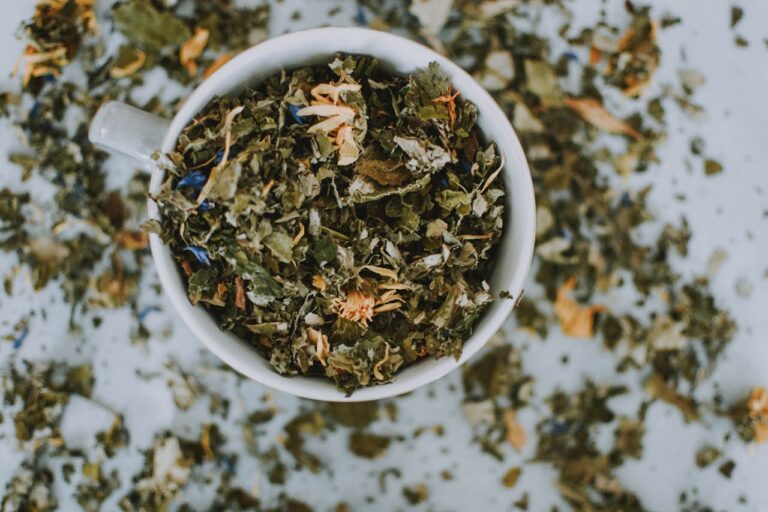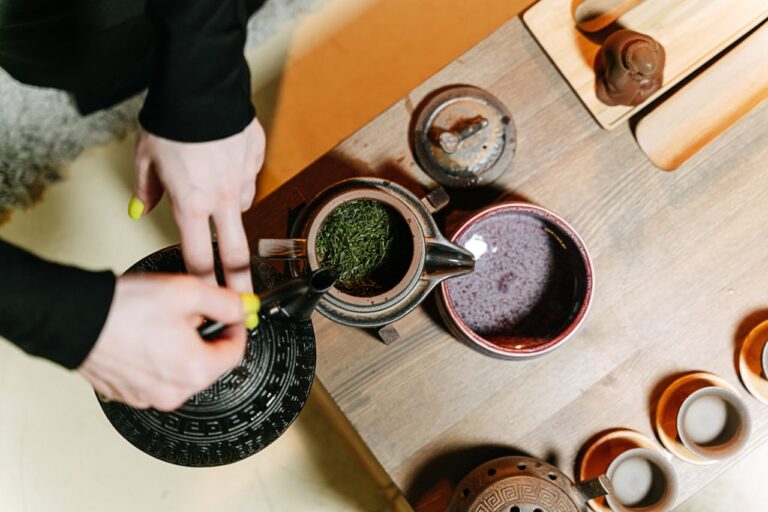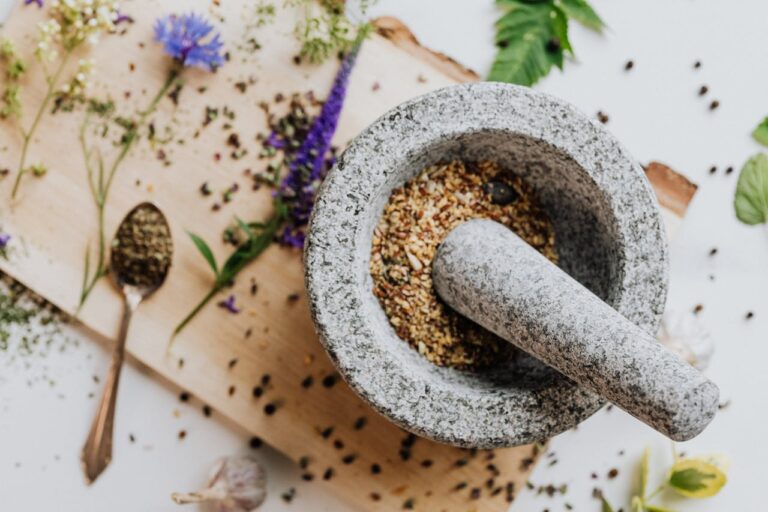Introduction
Herbal alcohol extractions, also known as tinctures, are one of the most effective ways to harness the medicinal properties of plants. However, many people unknowingly prepare weak tinctures that fail to extract the full spectrum of beneficial compounds. If you want to create potent herbal remedies that maximize the preservation of active compounds, you need the right techniques.
In this guide, we’ll explore the best practices for making herbal alcohol extractions that preserve up to 90% more active compounds than conventional methods. By understanding the science behind tincture-making and using optimized extraction techniques, you can ensure you’re getting the most out of your herbs.
Weak and Ineffective Herbal Extractions
Many herbal enthusiasts and DIY tincture-makers face the same frustrating issue—despite using high-quality herbs, their tinctures often lack the potency they expect. This happens due to several common mistakes, such as:
- Using the wrong alcohol strength
- Poor herb-to-alcohol ratios
- Inadequate maceration time
- Exposure to heat and light, which degrades active compounds
As a result, the final tincture contains only a fraction of the beneficial compounds that the plant has to offer, making it less effective.
Why Most Tinctures Fail to Deliver
If your herbal tincture isn’t extracting the full range of plant compounds, you could be wasting time and resources. Weak tinctures mean you have to consume larger doses to get the same effects, and in some cases, the most potent healing compounds may not even be present in significant amounts.
Think about it—how many times have you made a tincture only to feel underwhelmed by its effects? Have you ever noticed that store-bought tinctures often seem stronger? This isn’t just about using more herbs; it’s about using the right methods to break down plant cell walls and pull out the most potent bioactive compounds.
If you’re serious about creating powerful herbal remedies, you need an optimized approach.
Best Practices for High-Potency Herbal Alcohol Extractions
To ensure your tinctures preserve up to 90% more active compounds, follow these expert-recommended techniques.
1. Choose the Right Alcohol Strength
Different plant compounds require different alcohol percentages for optimal extraction. The general guideline is:
| Herbal Compounds | Best Alcohol Percentage |
|---|---|
| Alkaloids | 40-70% |
| Flavonoids | 25-50% |
| Saponins | 30-50% |
| Tannins | 30-50% |
| Resins | 80-95% |
| Essential Oils | 80-95% |
For a broad-spectrum tincture, a 50-60% alcohol solution (e.g., 100-proof vodka) works well for most herbs.
2. Use the Correct Herb-to-Alcohol Ratio
The potency of your tincture depends on the ratio of plant material to alcohol. The most effective ratios are:
- Fresh Herbs: 1:2 (1 part herb to 2 parts alcohol)
- Dried Herbs: 1:5 (1 part herb to 5 parts alcohol)
Using too little alcohol can prevent full extraction, while too much can dilute your tincture.
3. Grind or Chop Herbs Before Extraction
Breaking down the plant material increases surface area, allowing for better extraction. A coffee grinder or mortar and pestle can help crush tough herbs like roots and barks.
4. Optimize the Maceration Process
Maceration (soaking herbs in alcohol) is key to drawing out active compounds. Follow these best practices:
- Use a glass jar with an airtight lid.
- Store in a cool, dark place.
- Shake the jar daily to enhance extraction.
- Let it sit for 4-6 weeks for maximum potency.
5. Apply Ultrasonic or Heat-Assisted Extraction (Optional)
To speed up and improve extraction, some advanced techniques include:
- Ultrasonic Extraction: Using ultrasonic waves to break down plant cell walls.
- Gentle Heat (No More Than 90°F): Slight warming can improve solubility of some compounds but should be used cautiously.
6. Strain and Store Properly
After 4-6 weeks, strain the tincture using a fine mesh strainer or cheesecloth. Store the liquid in amber glass dropper bottles, keeping them away from direct sunlight and heat to preserve potency.
Why This Method Works
By following these optimized steps, you can expect a tincture that:
✅ Extracts a wider range of bioactive compounds
✅ Preserves delicate compounds that degrade under poor conditions
✅ Offers stronger therapeutic effects compared to weaker tinctures
✅ Reduces the need for high doses, making your herbal remedies last longer
Final Thoughts
Making high-quality herbal tinctures doesn’t have to be complicated, but it does require the right knowledge and techniques. By choosing the correct alcohol strength, using optimal herb-to-alcohol ratios, and following proper maceration methods, you can create extractions that are far more potent and effective.
Disclaimer:
This article is for educational purposes only and does not constitute medical advice. Always consult a healthcare professional before using herbal remedies, especially if you have existing health conditions or are on medication.
By applying these techniques, you’ll be able to craft powerful, high-potency herbal extracts that truly harness the healing power of nature!







